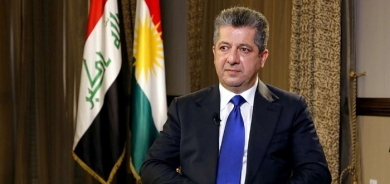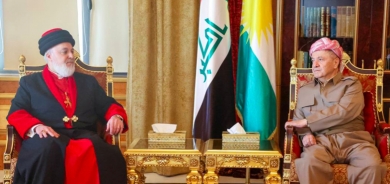Meaning of Civil Wars with special refernce to Syria

The insurgents and terrorists of one time may become legitimate political parties and revered leaders. It all depends on their success. But something else is also needed: the political-legal system that is built in the “day after”. If it bears the qualities of the internationally accepted norms of rule of law and democracy, current negative rhetoric is dramatically altered for the better. We have seen this after the conclusion of many civil wars.
Take the American Civil War. The tourist guides in Washington DC still refer the Southern (Confederacy) Army as the “rebel” forces that have reached the shores of the Potomac River. South Africa’s African National Congress led by Nelson Mandela was a “terrorist” outfit for the apartheid regime. Even our undisputed national hero Mustafa Kemal Atatürk was branded as an insurgent by the Ottoman ruler and condemned to capital punishment. However as he succeeded in forming an alternative government and won in the battlefield, he had the power to abolish the sultanate and the caliphate that constituted the bases of legitimacy of the Ottoman monarchy.
The same assessment is true for those who attempt and succeeded in coups. Those that fail are executed as traitors. Those who succeeded make the laws that clear themselves as the infallible new rulers of the country. Coups generally are realized during or at the brink of civil wars with the intension of ending chaos and disunity. So the semantics of civil wars are very much associated with power. Power creates the legal and institutional infrastructure to legitimize the newly won positions of the power holders.
What I am trying to get at is the Syrian conflict that has reached the dimension of a full-blown civil war. Unlike wars fought against a visible and identifiable external “enemy, civil wars are fought within, against a part of the citizens. There may be many reasons for the emergence and continuation of an internal conflict but the most common reason is the combined effect of exclusion, repression andmarginalization of a certain group distinguished with it ethnic, religious, cultural or political difference. Hence civil wars on the whole emanate from bad (non- comprehensive and legally discriminatory) government. Hence the labeling of the “other side”, i.e. non-governing group is always problematic. Furthermore in ethnically and religiously plural societies, each domestic group has its extension in neighboring countries. Any local conflict immediately becomes a regional one thus facilitating the rhetoric of the “involvement of the outsiders”.
In the Syrian case the two obvious contenders are the ‘government forces’ and the ‘opposition’. The government is backed by and large by the Alawites, Christians and a part of the Sunni upper and upper-middle class. At least this was so at the beginning of the conflict. This gave a semblance of legitimacy to the government that has became increasingly violent and ruthless. The opposition is composed of a diverse number of groups/peoples. Both sides have international supporters. The basic advantage of the government is that it still has the possession of the state apparatus. Unless the opposition creates a semblance of a state mechanism in exile and get considerable international support the Assad government will have an advantage over the opposition in terms of recognition.
The point where the Syrian strife has reached leaves no room for reconciliation and to reform the government. Both sides accuse the other of being illegitimate and resorting to terrorism, of course the government holding the edge of a bigger capacity of destruction in its hand. But at the same time this is to its disadvantage. As government violence has increased in proportion its violence has bordered on “crime against humanity”. This interpretation is an open door to international intervention. So no “civil war” is a domestic or national phenomenon in our day.

 Doğu Ergil
Doğu Ergil






